Students Should be Concerned
November 19, 2020
COVID-19 is known to be a pathogen that can severely affect all groups of people, especially the elderly and those with underlying conditions, but the lockdowns that have proceeded from the outbreaks are truly hurting adolescents, especially those that live in poverty. In an attempt to preserve the health of thousands, New Mexico governor Michelle Lujan Grisham has almost completely shut down the economy, as well as all activities including youth sports. Participants in youth sports, especially high school ones, have publicly protested her decision. New Mexico along with other states such as California have put youth sports on the back burner because it does logically make sense that contact sports such as basketball, football, and soccer be limited. However, not a single outbreak in New Mexico since the pandemic’s beginning can be traced back to youth sports. Many high school athletes argue that Governor Grisham, by limiting youth sports, is not hindering the spread of COVID-19 cases and is negatively impacting the careers and mental health of thousands of youth athletes in the process.
Thanks to social media, high school athletics and their athletes have gained nearly as much or, in some instances, as much popularity as their professional counterparts. High school basketball superstar Mikey Williams, a likely NBA prospect, is only 16, yet he has more than twice as many Instagram followers as perennial NBA All-star Pascal Siakiam. A key difference between the two is that Pascal Siakam, even if the NBA had failed to continue its season, would still have received millions of dollars and have a safe source of income, while Mikey Williams, and most high school athletes cannot say the same.
25.9 percent of children in New Mexico live in poverty, and with the government pointing more funding towards predominantly whiter and richer schools, poor children’s schools simply do not provide an adequate education to help lift these athletes out of poverty. Playing athletics and hoping to make it big enough to be paid, while a long shot, provides a potential route out of the vicious American economic system that keeps families in poverty for generations.It also helps to ensure that adolescents stay out of trouble and out of jail.
Some athletes, such as Mikey Williams himself, have left their home states and moved to states that are allowing youth sports games to continue. The athletes relying on sports and putting in hours of practice each and every day to save their family’s socioeconomic misfortune, do not have the same privilege. Fedonta “JB” White, who was unfortunately shot and killed recently at the young age of 17, was one of the most beloved figures in New Mexico and ranked in the top-50 nationally of basketball players in the Class of 2021 by 247sports. White was raised by his grandmother, and despite being less fortunate economically, prospered athletically. Being ranked in the top-50 in basketball gave him a good chance to lift himself and his grandmother out of their condition and be an inspiration to millions of young and less fortunate athletes across the country. The governor’s decision is hurting athletes who are looking to sports as their one escape route when they haven’t been given any others.
Two-thirds of high school athletes have reported symptoms of anxiety or depression since the pandemic began. While we cannot say for sure that lockdowns are the cause, Kellan Gehres ‘23, a member of the boys varsity basketball team, said, “For [some] athletes, sports is one of the most important things in their lives. Without organized sports, one of the most important parts of our lives [is being taken away].” Anna Babinksi ‘23, a member of the girls varsity soccer team since her freshman year, had similar remarks saying, “Right now our governor has become excessive. I think it is totally safe to play sports with masks on. Athletes, including myself, not only want their sports back but need them back for the sake of our mental health.” Without sports, young athletes are feeling alone and anxious. They have the right to feel angry that nothing is being done about it. Their symptoms must be addressed.
New Mexico, a state in which impoverished high school athletes need every sliver of exposure to college recruiters that they can get, is one of few states that has put the brakes on youth athletics. Protests have erupted claiming the governor is being too radical with her regulations. While the protestors may not necessarily be as sensitive to the dangers of Coronavirus as many, they are being neglected in many ways and have the right to feel angry. So even if we don’t allow youth sports, we as a state have a moral obligation to make sure that all our young athletes feel safe, happy, and secure.




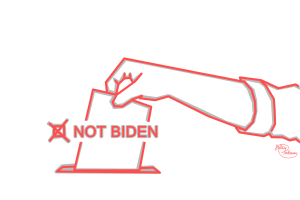
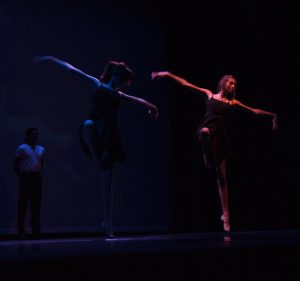
![al.com. (2023). People attended a prayer event... [Photograph]. https://www.al.com/news/2023/11/after-mayor-bubba-copelands-death-community-gathers-to-pray-smiths-station-is-hurting.html](https://theacademyadvocate.com/wp-content/uploads/2024/02/KON5NNEUI5GVNO5AG4R4G25JRQ.jpg)
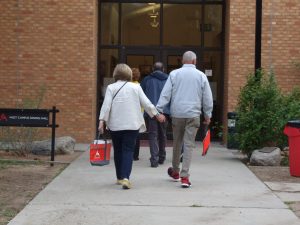
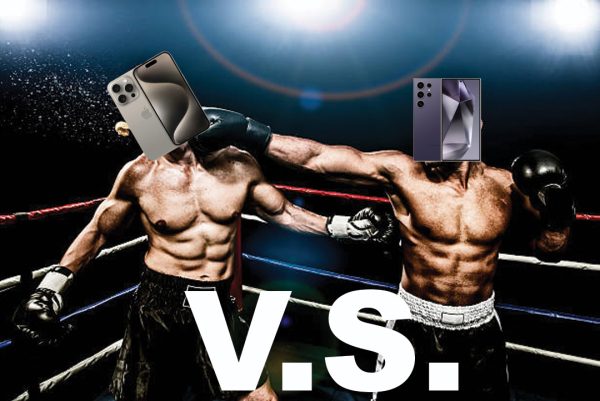
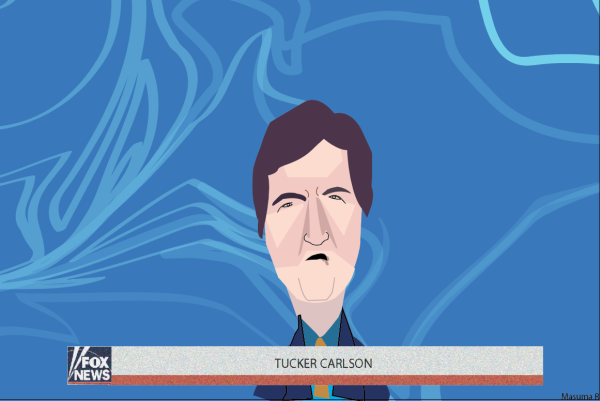
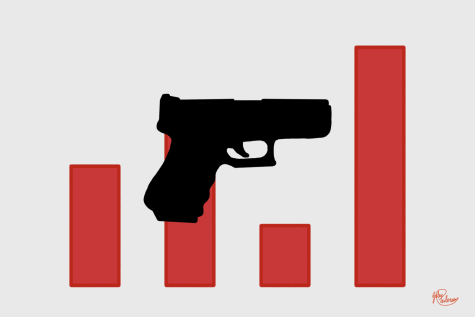
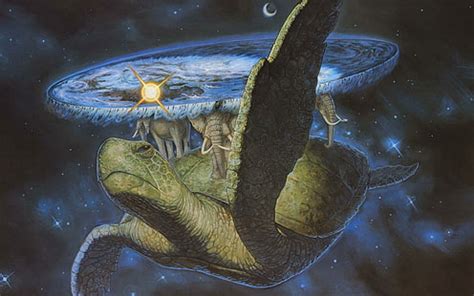
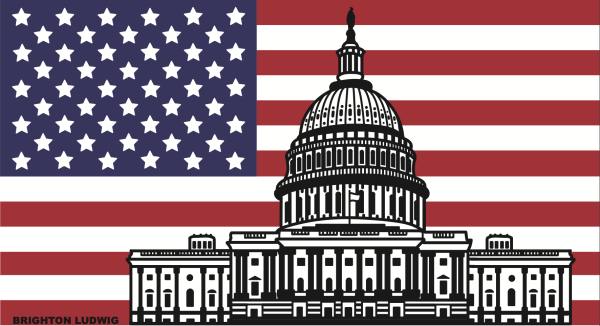

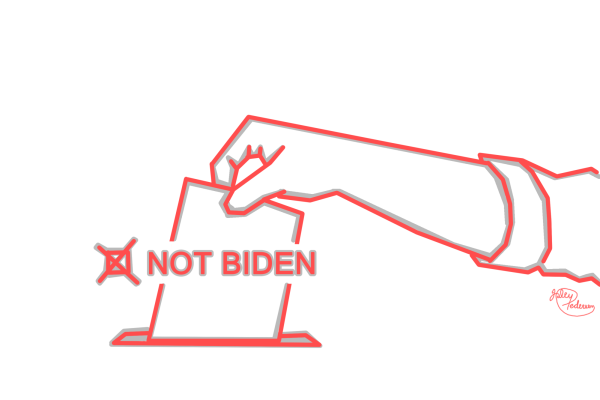
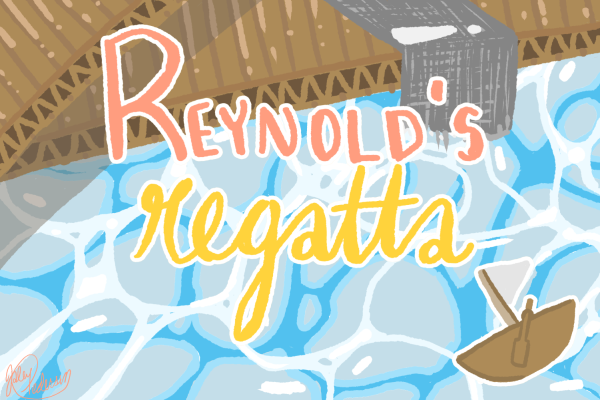
Sierra Sedillo • Nov 20, 2020 at 1:48 pm
I totally agree! Volleyball isn’t even a contact sport, yet it is still pretty much cancelled for the whole year! Something definitely needs to be done about this….